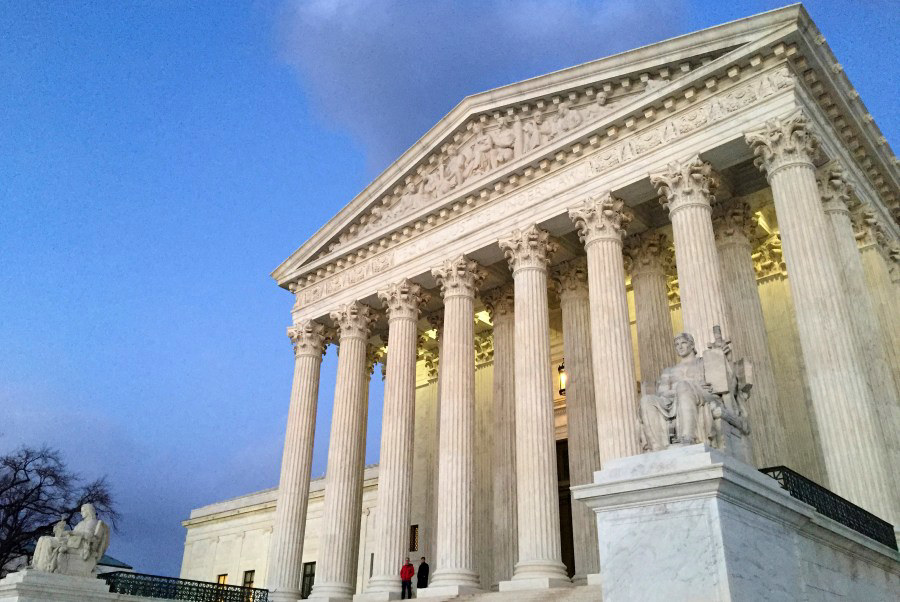Is Age Just A Number? Perspectives On Aging In Society

Table of Contents
Challenging Ageist Stereotypes
Ageism, the prejudice and discrimination directed towards older adults, is a pervasive societal issue. Negative stereotypes often overshadow the diverse experiences and capabilities of older people.
The Media's Role
The media plays a significant role in perpetuating ageist stereotypes. Often, older adults are portrayed as frail, forgetful, or irrelevant, reinforcing negative societal perceptions.
- Examples of ageist stereotypes: Advertisements depicting older adults solely in relation to healthcare products; films and television shows portraying older characters as grumpy, out of touch, or sexually inactive; lack of diverse representation of older adults in various roles.
- The impact of these representations is profound, affecting not only the self-perception of older adults but also influencing how younger generations view aging. These portrayals can lead to lower self-esteem, decreased social participation, and even poorer health outcomes. Positive aging portrayals are crucial to counteract this negative trend. We need to see more "positive aging portrayal" in media to challenge these deeply ingrained stereotypes.
Combating Age Discrimination
Combating age discrimination requires a multi-pronged approach involving legal frameworks, social initiatives, and individual actions.
- Examples of age discrimination: Older workers being passed over for promotions, denied healthcare based on age, or facing social exclusion.
- Resources for reporting age discrimination: Equal Employment Opportunity Commission (EEOC) in the US, equivalent agencies in other countries, and advocacy groups focused on older adults' rights.
- Legislation aimed at protecting older adults: Age Discrimination in Employment Act (ADEA) in the US, and similar laws in many other countries. These laws aim to ensure fair treatment and equal opportunities for older adults in employment and other areas of life. "Age discrimination laws" need to be enforced effectively and awareness of them must be increased to make a real impact on "fighting ageism". Stronger "advocacy for older adults" is essential.
Redefining Health and Well-being in Later Life
The concept of "healthy aging" goes beyond the mere absence of disease. It encompasses maintaining physical and cognitive function, fostering strong social connections, and finding purpose in life.
The Importance of Physical and Mental Activity
Engaging in regular physical and mental activity is crucial for maintaining health and well-being in later life.
- Examples of activities: Yoga, Tai Chi, gardening, walking, joining a book club, learning a new language, playing board games. These activities enhance both physical and cognitive functions, promoting a sense of vitality and independence.
- Impact on brain health and physical function: Regular exercise improves cardiovascular health, reduces the risk of chronic diseases, and enhances cognitive function, helping to prevent age-related cognitive decline. Studies consistently demonstrate the positive effects of "cognitive health in older adults" through mental stimulation. Maintaining an active lifestyle significantly contributes to "longevity" and overall quality of life.
The Role of Social Connection and Purpose
Social interaction and a sense of purpose are vital for psychological well-being in older age. Feeling connected and valued significantly impacts mental health and overall life satisfaction.
- Benefits of volunteering: Provides a sense of purpose, social interaction, and an opportunity to give back to the community.
- Maintaining strong family ties: Regular interaction with family members provides emotional support and strengthens social bonds.
- Joining community groups: Offers opportunities for socialization, shared interests, and building new relationships.
- Pursuing hobbies: Provides a sense of accomplishment, engagement, and personal satisfaction. A "purposeful aging" lifestyle combats social isolation and contributes greatly to "social engagement in aging" and overall well-being. "Community involvement" is key for fulfilling lives in later years and contributing to "longevity."
Economic and Social Implications of an Aging Population
The increasing proportion of older adults in many societies presents both challenges and opportunities.
Healthcare Costs and Resource Allocation
An aging population places a significant strain on healthcare systems.
- The rising costs of healthcare: Increased demand for healthcare services, including long-term care, puts pressure on healthcare budgets.
- Innovative healthcare solutions: Telemedicine, preventative care, and technological advancements can help to improve efficiency and affordability.
- The need for sustainable healthcare systems: Developing sustainable healthcare models that can meet the growing needs of an aging population is crucial. Addressing the rising costs of "healthcare for seniors" and the increased demands on "aging population healthcare" is paramount to ensure the provision of accessible and sustainable healthcare systems.
Economic Contributions of Older Adults
Older adults continue to make significant contributions to the economy.
- Examples of older adults’ economic contributions: Volunteering, mentoring younger colleagues, continued employment, and entrepreneurship.
- Policies supporting continued employment for older adults: Flexible work arrangements, phased retirement options, and age-friendly workplaces help to retain skilled workers and ensure the transfer of knowledge and expertise.
- The "economic contributions of older adults" are often overlooked, but are extremely valuable to society. The "active workforce participation" of older adults boosts the economy and contributes to a healthier, more balanced intergenerational society. "Intergenerational workforce" environments can significantly benefit from the expertise and life experience of older workers.
Conclusion
While biological aging is a natural process, ageist attitudes and stereotypes are detrimental to societal well-being. This article has highlighted the importance of promoting healthy aging, challenging age discrimination, and recognizing the valuable contributions of older adults. We must embrace the diversity of experiences within aging populations and foster a society that values and supports the well-being of all its members at every stage of life.
Call to Action: Let's work together to ensure that "age is just a number" is not just a phrase, but a lived reality for all. Challenge ageist stereotypes in your communities, advocate for policies that support healthy aging and combat age discrimination, and celebrate the valuable contributions of older adults. Let's build a more inclusive and equitable future where everyone can thrive regardless of age.

Featured Posts
-
 Remy Cointreau Analyse Du Document Amf Cp 2025 E1029253
Apr 30, 2025
Remy Cointreau Analyse Du Document Amf Cp 2025 E1029253
Apr 30, 2025 -
 Cardinal Trial Fresh Evidence Points To Prosecutorial Misconduct
Apr 30, 2025
Cardinal Trial Fresh Evidence Points To Prosecutorial Misconduct
Apr 30, 2025 -
 How To Watch Cavaliers Vs Heat Nba Playoffs Game 2 Live Stream Tv Schedule And More
Apr 30, 2025
How To Watch Cavaliers Vs Heat Nba Playoffs Game 2 Live Stream Tv Schedule And More
Apr 30, 2025 -
 Ryan Coogler Talks Potential X Files Reboot With Gillian Anderson
Apr 30, 2025
Ryan Coogler Talks Potential X Files Reboot With Gillian Anderson
Apr 30, 2025 -
 Analyzing The Washington Commanders 2025 Nfl Draft Needs A Comprehensive Big Board
Apr 30, 2025
Analyzing The Washington Commanders 2025 Nfl Draft Needs A Comprehensive Big Board
Apr 30, 2025
